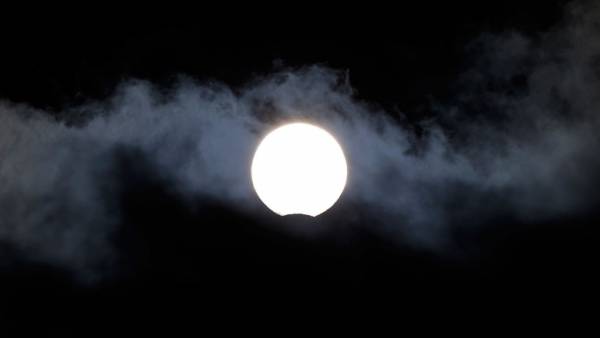The moon really can affect the mood of the mentally ill
Doctors have described the case of a patient with bipolar disorder, episodes of diseases which alternated in accordance with the movement of the moon. Its internal biological clock, were determined not only at the 24-hour solar day, but for the period of 24.8 hours, during which the Moon completes one apparent turnover on the celestial sphere. The results presented in the journal Translational Psychiatry.
Upstairs
There are many urban legends about the fact that the Moon affects human behavior. Most of them, such as bursts of requests for emergency medical care during a full moon, not supported by actual data. However, it is impossible to deny the fact that the Moon affects animals — like the light that guided many kinds and by tides, which occur due to the influence of gravity close to the body.
In the new work doctors researched in details the behavior of the 51-year-old patient with bipolar disorder. In this disease the mood of people cyclically changes from depressive to manic, in which they exhibit hyperactivity. When this condition is violated sleep in the depressive phase the person sleeps too much, and manic — too little. It turns out some semblance of a vicious circle, as the sleep disorder becomes the result of the disease, and cause more drastic mood changes.
Usually sleep is regulated by the internal biological clock — circadian rhythms — which are set to 24-hour daylight. However, the described patient’s cycle of 24.8 hours was typical for the metabolism, coinciding in duration with the cycle of the lunar tides. The sun kept the time when he goes to bed, but he woke up according to the position of the moon.
Every new moon, which happens every 29.5 days, the patient suffered from insomnia and went from a depressive in a manic phase.
Separately the author notes that after the patient introduced a strict routine, cyclical mood disappeared. The results suggest that during normal daily routine like solar and lunar cycles are responsible for the mood swings of the patient. Scientist admits that his colleagues may be skeptical in relation to his explanation, but believes that the moon’s influence on biophysical processes can be significantly underestimated.